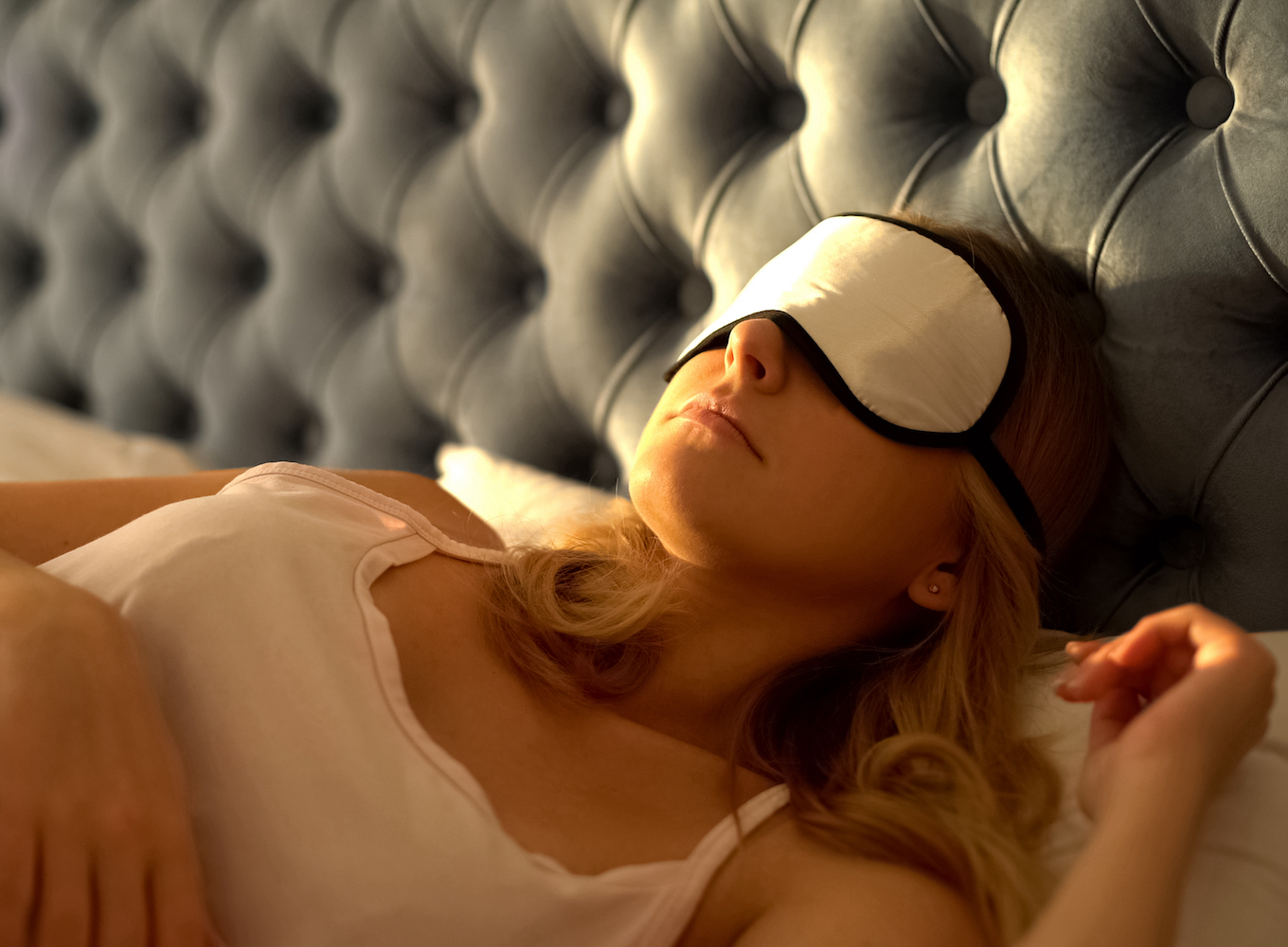Melatonin: Why You Should Make it Instead of Taking it

From GrassrootsHealth
Melatonin is a powerful antioxidant with many health benefits. Melatonin has been shown to have anticancer effects and to play a role in the regulation of blood pressure and glucose levels. It is also highly anti-inflammatory, with an extensive list of physiological actions that go well beyond sleep and circadian rhythm regulation. Studies have also shown a lower risk of SARS-CoV-2 infection and lower mortality due to COVID-19 disease among patients taking melatonin.
Trigger the Production of Your Own Melatonin through Exposure to Sunlight
Most health experts suggest avoiding long-term supplementation with melatonin, however, there is a natural way to get your body to produce its own on a regular basis, without supplementation. Vitamin D and melatonin are both highly affected by exposure to sunlight; the same day-time sun exposure that produces vitamin D can also boost melatonin production!
According to a new hypothesis presented by Zimmerman, S. and Reiter R. and reviewed in the video below, melatonin exists in two main forms within the body – circulatory melatonin, which is produced by the pineal gland and has its major effect on sleep and the circadian rhythm, and subcellular melatonin, which is produced and used locally by the mitochondria within our cells.
Sounds quite a bit like how our bodies produce and use vitamin D, right? Could melatonin be another hormone product of sunlight that has additional non-hormonal health-benefits within the body?
Sunlight Induces the Production of Many Beneficial Chemicals in the Body
Sunlight produces much more for our health than just vitamin D from ultraviolet-B exposure; multiple types of energy are emitted from the sun, including red, near infrared, far infrared, and blue light, each of which offers some unique health effects. Another of the many benefits of sun exposure is the short-term release of nitric oxide when the skin is exposed to the sun’s UVA rays. Nitric oxide is beneficial for heart health by acting to increase blood flow and lower blood pressure. Additionally, nitric oxide plays a key role in immunity, cellular function, neurotransmission, and has antimicrobial and anticancer effects.
Sunlight exposure also results in the production of serotonin and beta-endorphins, which promote mood enhancement and relaxation, relieve pain, and boost immunity. There is also evidence that vitamin D itself may help regulate the production of both serotonin and melatonin.
Start incorporating regular sunshine exposure into your daily routine to increase your body’s production of vitamin D, melatonin, and other health-boosting chemicals.
SmartTan.com news articles regularly report medical and scientific information to keep you abreast of current events related to UV light. This information is not intended to be used by any party to make unwarranted health claims to promote sunbed usage. Indoor tanning businesses are obligated to communicate a fair and balanced message to all clients about your products and services including the potential risks associated with indoor tanning. Contact your Smart Tan representative to find out more about what you can and can’t say in your tanning salon business.
© 2024 International Smart Tan Network. All rights reserved.
